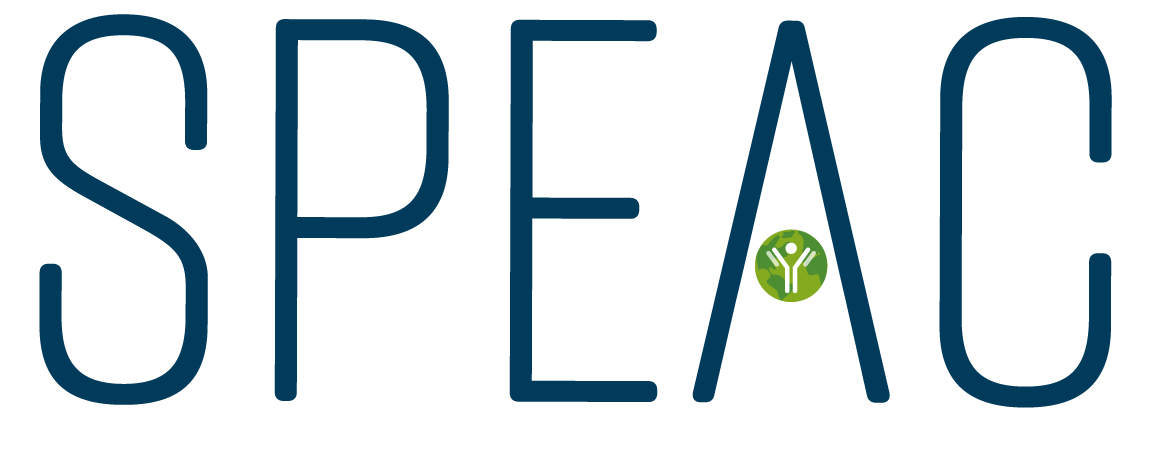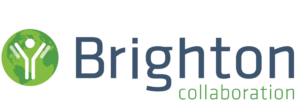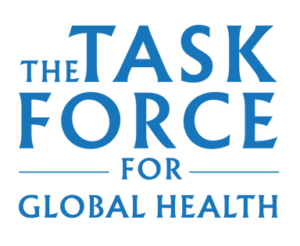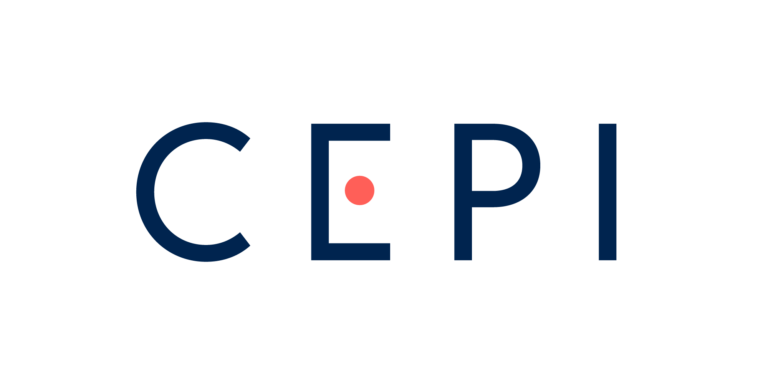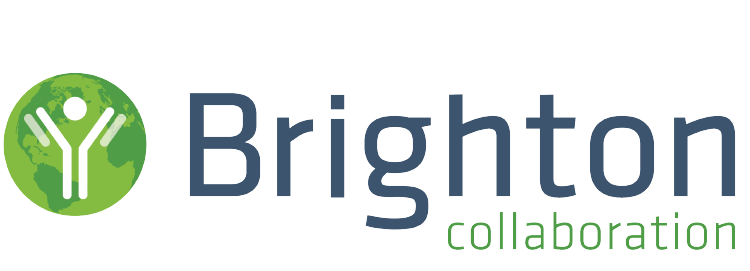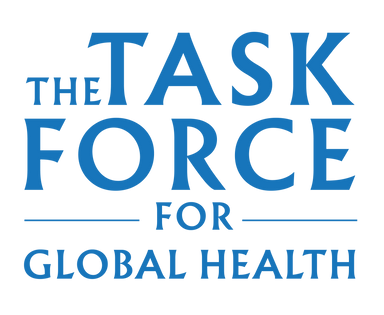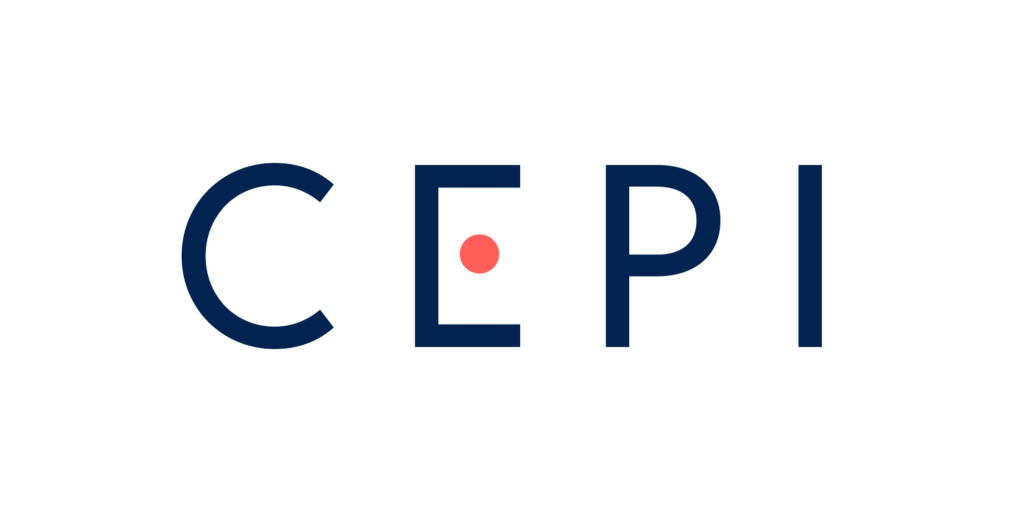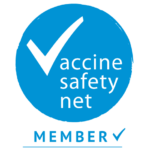Dr. Esperança Sevene is an Associate Professor of Clinical Pharmacology and the Coordinator of the Doctoral Program in Biosciences and Public Health at the Faculty of Medicine, Eduardo Mondlane University (UEM) in Mozambique. She supports the SPEAC project’s DSMB training course and active safety surveillance work.
How did you begin your career in pharmacology and vaccine safety?
While in medical school at Eduardo Mondlane University (UEM), I wanted to become a cardiologist. Toward the end of my training, the university needed instructors to teach basic sciences. When I graduated, the dean selected the top 10 students in the class and invited us to become full-time teachers at the university. That is how I started teaching, although it wasn’t my plan. When I had the opportunity to select a focus for clinical work, there was an opening in pharmacology, and that is where I was placed. Although this wasn’t my first choice, I learned to like pharmacology.
I then had an opportunity to complete a master’s in pharmacology at the Autonomous University of Barcelona. There, I was trained in clinical trials and pharmacovigilance. While in Barcelona I had the privilege of meeting a team that was prepared to start working on the malaria vaccine. They were in discussions to set up studies in Mozambique’s Manhiça district. After completing my master’s degree, I was invited to join this team in Manhiça. I started as a local safety monitor for the Malaria vaccine trial. It was an opportunity to implement what I learned in my training.
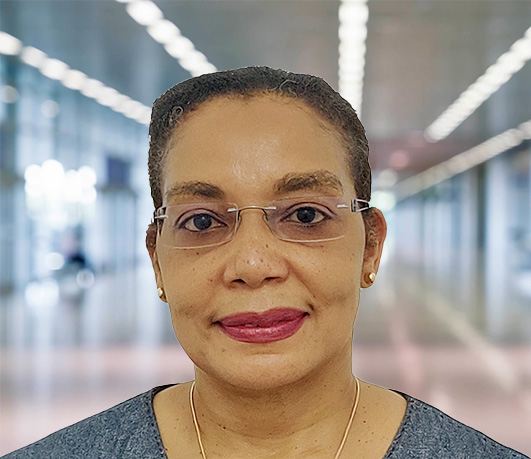
You have authored about 200 scientific publications in pharmacoepidemiology and public health. What are your primary research interests?
I completed a senior fellowship with the European and Developing Countries Clinical Trials Partnership (EDCTP) in 2005. My fellowship focused on pharmacovigilance in pregnancy. I wanted to study the drugs that people receive during pregnancy and the risk of any adverse event, with a particular focus on malaria and HIV. I then pursued a PhD at the University of Barcelona.
While my early research involved cardiology, most of my research has focused on pharmacovigilance, particularly drug and vaccine safety in pregnancy. Much of my research has also focused on maternal health, including preeclampsia, access to treatment, and mother satisfaction of care.
Some of my research focuses on diseases that are prevalent in Mozambique such as malaria, TB, and HIV. I was also involved in research for the implementation of the HPV vaccine. We did several studies on how best to implement the vaccine in Mozambique. In the end, we managed to get the vaccine introduced in the country. This was a big achievement.
You facilitate the SPEAC project’s DSMB training course. What is your experience with Data and Safety Monitoring Boards?
My first engagement with a DSMB was through my work with the malaria vaccine trials when I was the local safety monitor. When we moved on to a phase 3 study, I prepared reports for the DSMB and helped the team collect safety data. Later, I was invited to be a member of a DSMB, and I have since served on DSMBs for trials for TB, HIV, and malaria. It was an amazing experience for me to be involved in the DSMB for the pilot implementation of the malaria vaccine because I had seen the vaccine through phases 2A, 2B, 3, and then through phase 4.
You are an Associate Professor of Clinical Pharmacology. How do you engage students in different aspects of the vaccine safety field?
I teach medical, master’s, and PhD students. In the context of Mozambique, there is a history of vaccines being well-accepted. People have believed that vaccines are safe and important in the prevention of disease. That started to change with COVID-19, and now my students are even more interested in vaccine safety. They ask many challenging questions which lead to engaging discussions.
In class, we focus on the balance between risk and benefit and learn to identify, describe, and classify events. Some of the graduate students that I supervise are developing an interest in the vaccine environment, and I hope they can contribute to research in this area.
You have supported the development and led the facilitation of SPEAC’s training courses for DSMB members and clinical investigators. What has been your experience with the courses?
I enjoy facilitating the training. The participants bring impressive experiences from different phases of vaccine studies with them. We learn from each other and have important discussions about the challenges of benefit and risk assessment. The balance between benefit and risk is more difficult when no alternatives are available for a drug or vaccine in the study.
Now, you are involved in SPEAC’s active vaccine safety surveillance work alongside Dr. Andy Stergachis. What are you most excited about concerning this work?
We are beginning a rapid landscape review to identify current and planned active safety surveillance of vaccines and relevant components of pharmacovigilance systems in low- and middle-income countries. We would like to identify gaps and support countries that will be introducing new vaccines. I am excited to be part of this group, particularly with a focus on pharmacovigilance.
